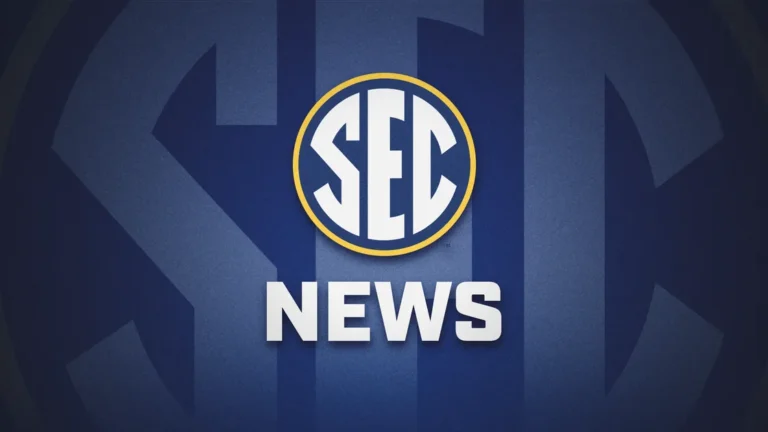The officiating call during the Georgia vs. Texas game has become a focal point of discussion among fans, analysts, and players alike. In high-stakes college football games, every decision made by the officials can dramatically affect the outcome, and this particular call was no exception. It not only influenced the momentum of the game but also raised questions about the consistency and reliability of officiating in college football.
The game showcased two powerhouse programs, each with a rich history and a passionate fan base. As the match unfolded, tensions rose, and both teams fought fiercely for every yard. It was in this charged atmosphere that a pivotal call was made—one that would ignite heated debates across social media, sports talk shows, and fan forums.
From a technical standpoint, the call in question involved a critical moment that many believe could have altered the trajectory of the game. Depending on which side you find yourself on, the decision could be seen as either a correct interpretation of the rules or a glaring oversight that favored one team over the other. This polarization is common in sports, where subjective judgment often plays a significant role.
Fans of the Georgia Bulldogs argued that the call undermined their team’s efforts and momentum. Georgia had been playing aggressively, and a favorable call could have provided them with a crucial advantage. Conversely, Texas supporters felt that the officiating was fair and that the call adhered to the rules as they were meant to be interpreted. This split in perception highlights the inherent challenges of officiating in a sport where the speed of play and the physicality of the game can lead to split-second decisions.
Critics of the officiating pointed out that, in such a high-stakes environment, officials need to be at their best. They must not only have a thorough understanding of the rules but also the ability to communicate effectively and maintain control of the game. The pressure on officials is immense, and the expectation from players, coaches, and fans can lead to scrutiny that is both intense and relentless.
Moreover, the increasing use of technology in sports, such as instant replay, has added another layer to this conversation. Many believe that more extensive use of replay could help mitigate some of the human errors that inevitably occur during the game. However, others argue that too much reliance on technology can disrupt the flow of the game and lead to longer delays, further frustrating fans and players alike.
In the aftermath of the game, analysts dissected the call from every angle. They examined the play in slow motion, scrutinized the rules, and referenced past instances to make their case. This analysis, while informative, can also be polarizing, as it often leads to entrenched positions rather than constructive dialogue. Each side reinforces its argument, creating an echo chamber of opinions that may not be conducive to finding common ground.
One of the more concerning aspects of controversial officiating calls is their potential impact on player morale and team dynamics. Players are acutely aware of the implications of a bad call, and it can lead to frustration, anger, or even a sense of helplessness. In high-pressure situations, maintaining focus is critical, and a questionable call can throw a team off its game. Coaches often have to rally their players, encouraging them to push through the adversity and remain resilient.
The broader implications of officiating also extend to the integrity of the game. Fans expect a certain level of fairness and transparency, and when a call is perceived as unjust, it can erode trust in the officiating body. This erosion can lead to diminished attendance at games, lower viewership, and even a decline in the overall enthusiasm for the sport. The stakes are high, and ensuring that officiating maintains its integrity is crucial for the continued growth and popularity of college football.
Ultimately, the Georgia vs. Texas game serves as a reminder of the complexities involved in sports officiating. The tension between human error and the desire for perfection is a delicate balance that will continue to evolve. As fans, we must navigate these moments with a level of understanding, recognizing that while officiating may be an imperfect art, it is also an essential component of the game we love.
In conclusion, the officiating call in the Georgia vs. Texas matchup encapsulates the ongoing debates surrounding fairness, integrity, and the human element of sports. As we reflect on this game, it’s essential to consider not just the immediate impact of a single call, but the broader implications for the sport as a whole. Whether you’re a fan of Georgia, Texas, or college football in general, these moments are what make the sport so captivating and complex.


